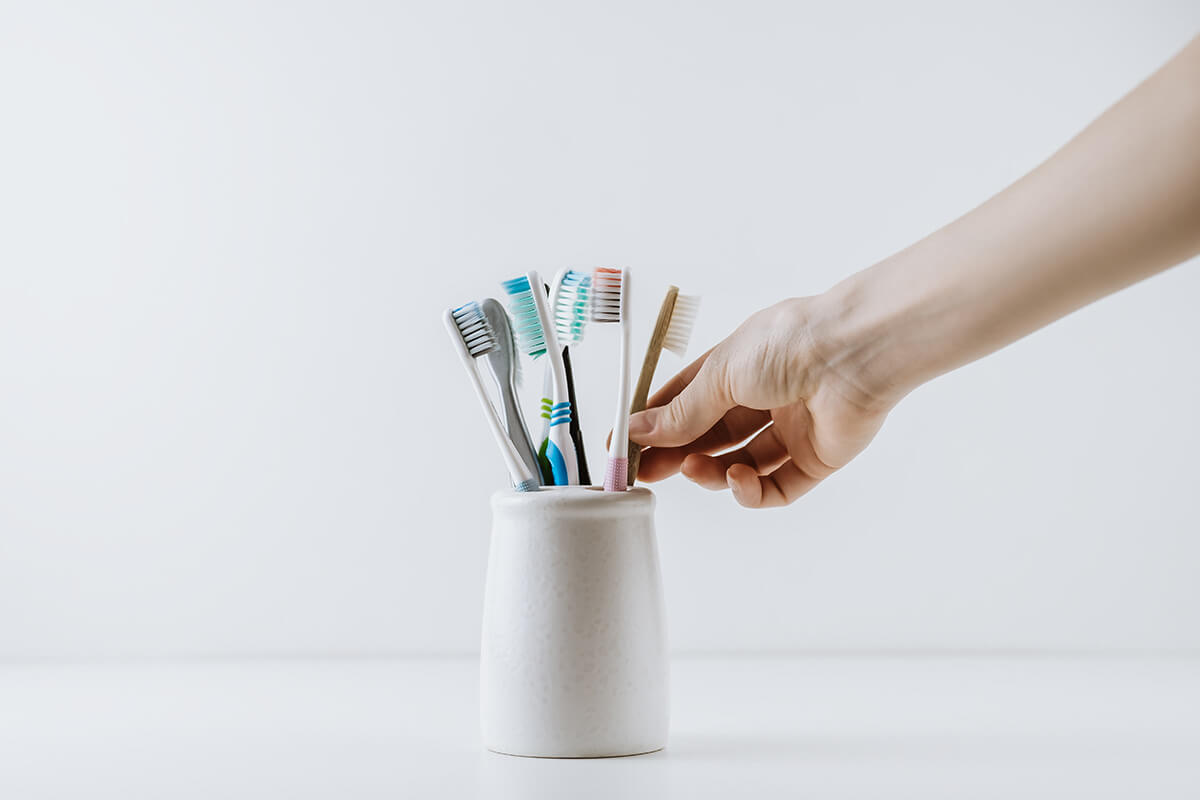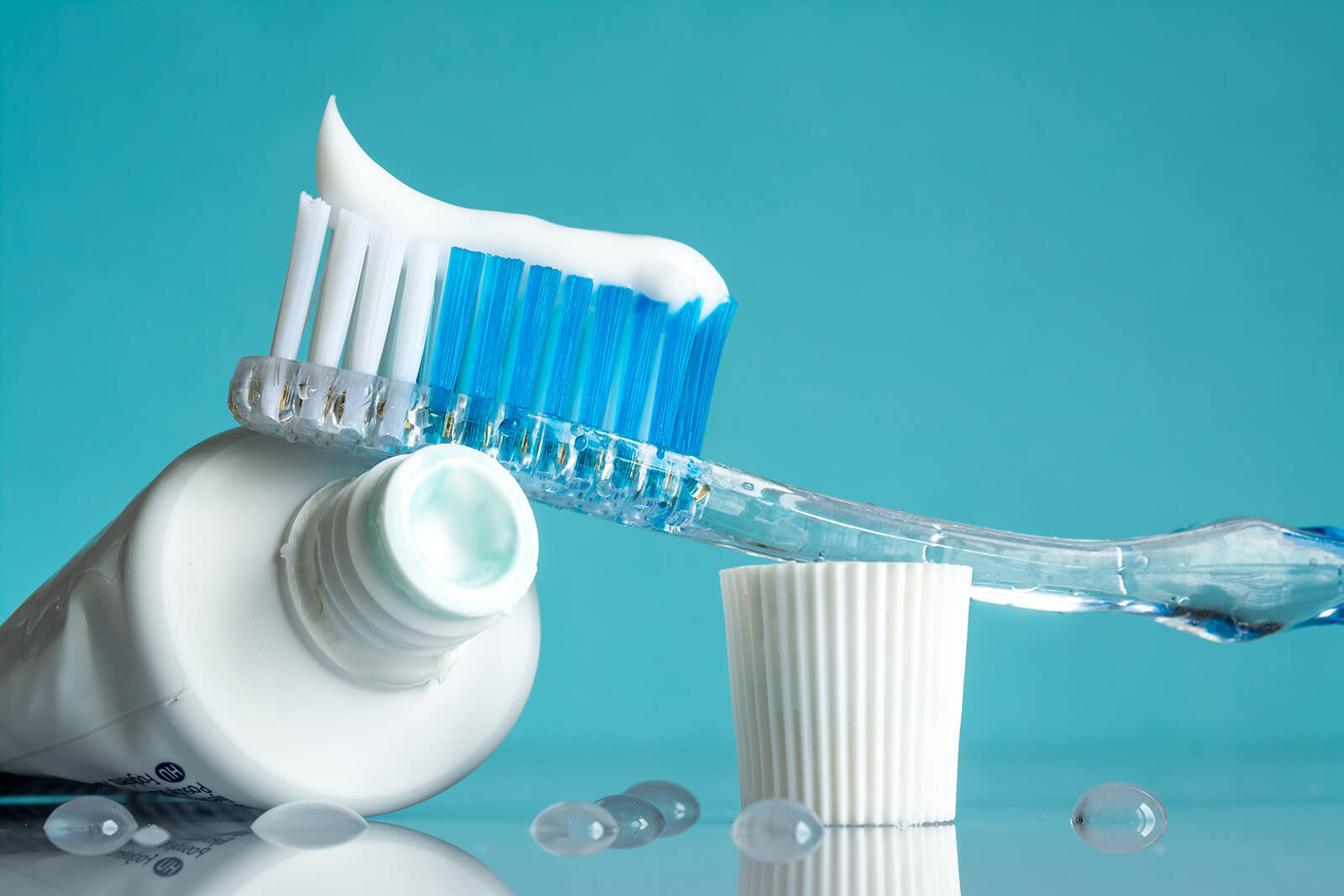At Alora Dental, we understand that selecting the right toothbrush can make a significant difference in your oral health. With countless options available, it can be overwhelming to choose the best one for your needs. Here’s a comprehensive guide to help you make an informed decision, ensuring that your brushing routine is as effective and comfortable as possible.
Toothbrush Types:
Manual vs. Powered
Both manual and powered toothbrushes have their benefits. A manual toothbrush can be just as effective as an electric one if used properly. However, powered toothbrushes offer certain advantages:

For Busy Lifestyles
Many powered toothbrushes come with built-in timers, helping you brush for the recommended two minutes without having to keep track of time yourself.

For Kids and Individuals with Limited Dexterity
Powered toothbrushes are often easier to use for children and people with arthritis, as they require less effort to remove plaque effectively.
For Enhanced Cleaning
Studies suggest that powered toothbrushes can provide a more thorough cleaning and can be particularly helpful for those who struggle with manual brushing.

Choosing the Right Bristle Type
Regardless of whether you opt for a manual or powered toothbrush, the bristle type is crucial:
- Soft Bristles: The American Dental Association (ADA) and dental professionals recommend soft bristles. They are gentle on your gums and enamel, minimizing the risk of damage compared to hard or medium bristles. Brushing too hard with stiffer bristles can lead to gum irritation and enamel erosion.
- Rounded Tips: Choose a toothbrush with bristles that have rounded tips to further protect your gums and tooth enamel from potential damage.
Toothbrush Size and Shape
- Head Size: A smaller brush head allows for better maneuverability and access to hard-to-reach areas, making it easier to clean all surfaces of your teeth effectively.
- Handle Design: Opt for a handle that feels comfortable in your hand. Non-slip grips and ergonomic designs can enhance control and ease of use.

Quality Matters
While it can be tempting to go for the cheapest option, investing in a reputable brand ensures better quality and safety. Low-quality toothbrushes may shed bristles or lack rounded tips, potentially compromising your oral health.
Replacing Your Toothbrush
To maintain optimal hygiene, replace your toothbrush every three months or sooner if the bristles are frayed or worn. It’s also a good idea to replace your brush after recovering from an illness to prevent reinfection.
Personalized Recommendations
At Alora Dental, we are here to help you choose the best toothbrush for your individual needs. During your next appointment, our team can provide personalized advice and ensure that you are using your toothbrush effectively. Don’t hesitate to ask us for guidance on improving your at-home oral care routine.
For more information or to schedule an appointment, contact Alora Dental today. We look forward to supporting your journey to a healthier smile!
